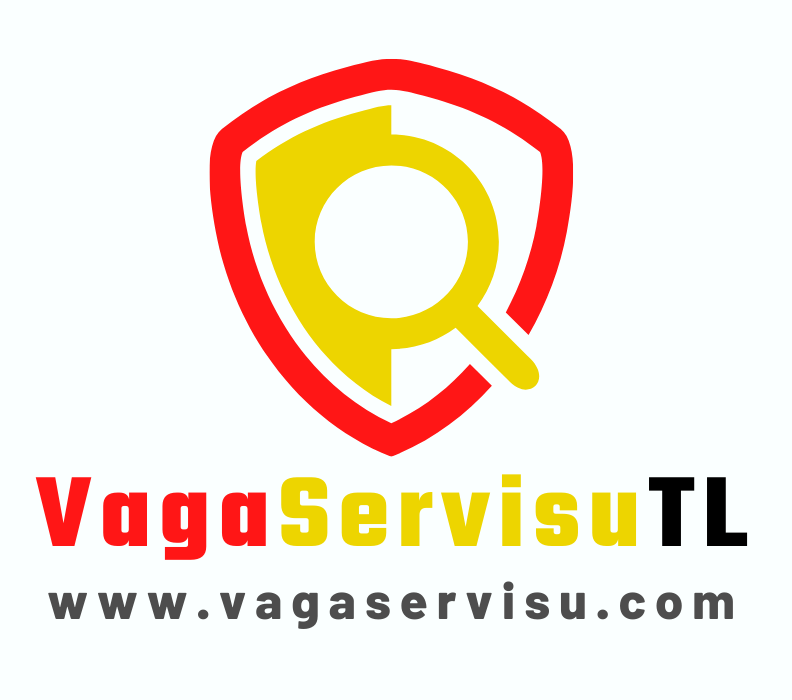VACANT POSITION
Cattle Farming Expert
Market Development Facility (MDF) Timor-Leste
Palladium is a global leader in the design, development and delivery of Positive Impact - the intentional creation of enduring social and economic value. We work with foundations, investors, governments, corporations, communities and civil society to formulate strategies and implement solutions that generate lasting social, environmental and financial benefits.
For the past 50 years, we have been making Positive Impact possible. With a team of more than 2,500 employees operating in 90 plus countries and a global network of more than 35,000 technical experts, Palladium has improved - and is committed to continuing to improve - economies, societies and most importantly, people's lives.
Palladium is a child-safe organisation, and screens applicants for suitability to work with children. We also provide equal employment to all participants and employees without regard to race, color, religion, gender, age, disability, sexual orientation, veteran or marital status.
About Market Development Facility
Market Development Facility (MDF) is an Australian Government funded multi-country initiative which promotes sustainable economic development, through higher incomes for women and men, in our partner countries. MDF is funded by the Australian Department of Foreign Affairs and Trade (DFAT). It is implemented by Palladium in partnership with Swisscontact. MDF’s two priority sectors in Timor-Leste are agriculture and tourism, with some activities in other sectors such as manufacturing.
In a rural economy, after crop agriculture,
livestock is the most important source of income for the poor. Though
the scale and size of livestock farming varies widely across the
different municipalities in Timor-Leste, households are engaged
in one or more of the following – poultry, cattle, pigs, goats farming,
etc. But, among these, cattle is the only category where the market is
somewhat commercial. The other livestock categories are mostly traded in
informal market, specifically traditional
ceremonies or local market. For cattle there is an established value
chain and set of actors facilitating flow of product throughout the
country. In addition, cattle is also the only category with high quality
local processing/value addition which is competitive
to import. Therefore, the dynamism in cattle market presents an
opportunity to influence farmers as well as other small businesses.
Most cattle farmers still apply an open grazing system, meaning that cattle must find their own feed and water. As a result, to reach standard live weight or ready to sell will take time. One of the main challenges in cattle farming is the lack of knowledge among cattle farmers about good cattle rearing practices, including keeping cattle in pens or feedlots, pen or feedlot sanitation, proper feeding, etc.
In addition, farmers usually face shortage of animal feed during dry season, while having surplus of fresh feed during rainy season. One way to mitigate feed shortage in dry season, farmers can turn forage into silage/hay or other product that can last longer and provide supply of high-quality feed the whole year round.
MDF has a plan for a number of activities to support the cattle sector in Timor-Leste, including on proper rearing practices and proper feeding, disease prevention, breeding, and market linkage. To support this work, MDF is seeking to hire a short-term adviser with expertise in cattle farming.
Responsibilities:
- Identifying current rearing practices of cattle farmers, including meeting with cattle farmers in several municipalities.
- Providing advice and training to cattle farmers and businesses on animal health including disease identification, prevention, and control.
- roviding advice and training to cattle farmers and businesses on improving cattle production through good rearing practices.
- Providing advice and training to cattle farmers on how to conserve forage for use as animal feed during dry season (e.g., silage, hay)
- Developing a training manual for cattle farmers and businesses on good rearing practices, including feed preservation such as silage and hay production.
- Regular monitoring of cattle farmers on progress of silage-making and use of silage for cattle feeding
- Preparing a final report on work completed. The report must include: (i) topics covered in the trainings; (ii) a timesheet of inputs; (iii) training participant attendance lists (sex-disaggregated); (iv) feedback from training participants (both farmers and businesses); and (v) general feedback and recommendations for future work.
Applicants must meet the following criteria:
- Good knowledge and experience with best practices in cattle farming (degree in agriculture and/or livestock preferred)
- Good knowledge and experience with feed preservation including silage and hay making.
- Be based in Timor-Leste
- Ability and willingness to travel and work in remote, rural areas
- Good written and verbal communications skills in Tetum or Bahasa Indonesia, or the support of your own translator.
For the full TOR and submission, please visit the Palladium website
https://palladium.csod.com/ux/




.png)

.png)

0 Comments